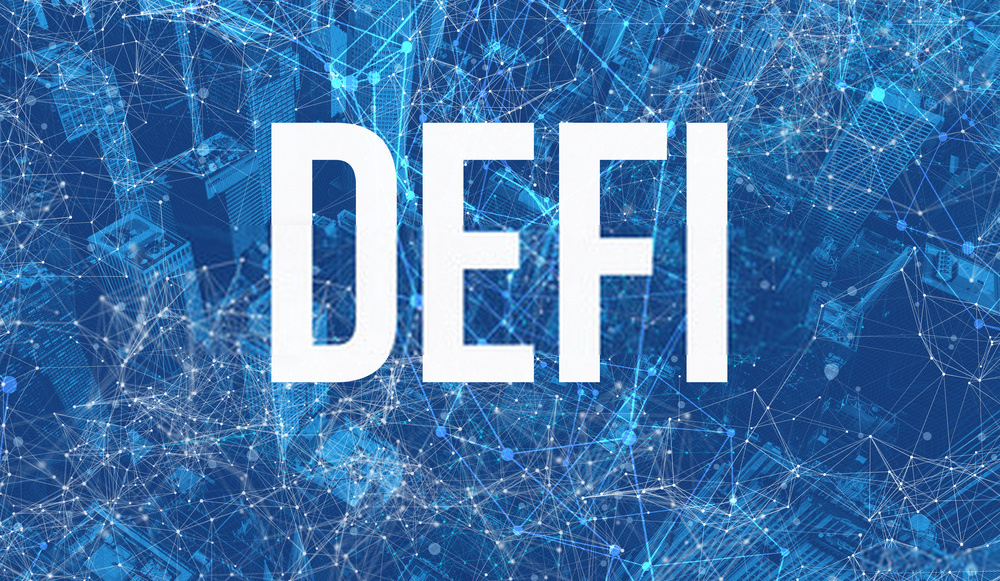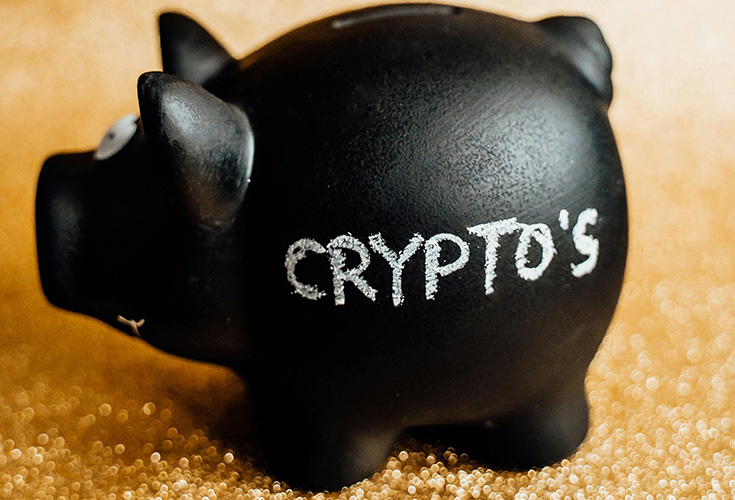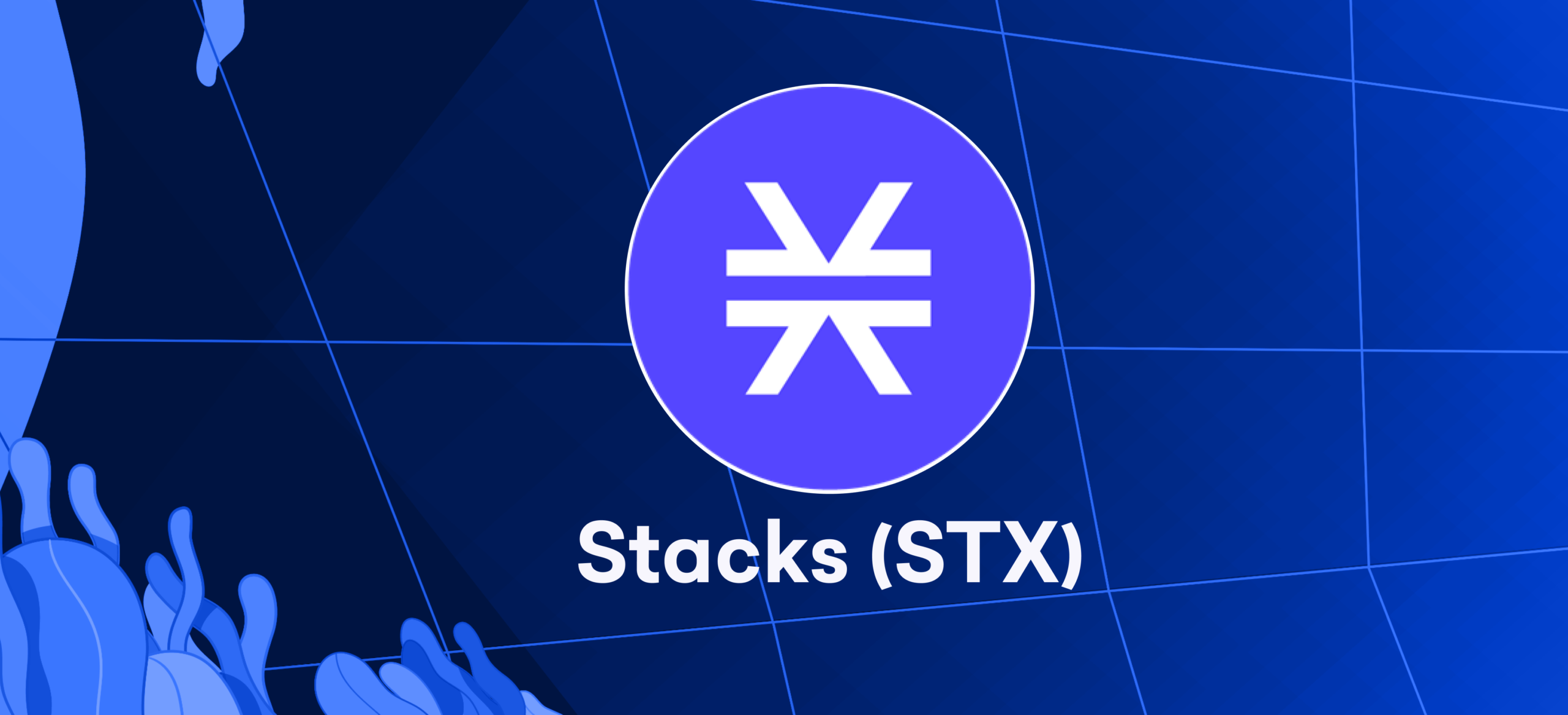
Many people may find it thrilling and confusing to enter the DeFi world. After some time HODLing, it’s reasonable to ask how to maximize your portfolio’s returns. DeFi, on the other hand, presents several complex issues. Defi DApps and projects may be effective tools when utilized wisely. Yet, if you get in too quickly, it’s simple to get overwhelmed and make bad financial judgments. Finding what suits you and understanding the hazards is the best approach to becoming engaged. In light of this, let’s examine the fundamentals you’ll require while beginning your DeFi experience.
Understanding Decentralized Finance (DeFi): A Comprehensive Overview
Decentralized Finance is an ecosystem of financial applications built on blockchain networks. DeFi may also refer to a movement to create an ecosystem of open-source, transparent financial services. One that is open to anyone and works decentralized. Users would engage with this ecosystem through peer-to-peer (P2P) decentralized apps while preserving complete control over their assets (DApps).
DeFi’s main advantage is making financial services accessible to everyone, especially those cut off from the traditional financial system. DeFi also has the benefit of being built on a modular architecture with compatible DeFi apps on open blockchains. They can produce whole new financial marketplaces, assets, and services.
What are the key benefits of DeFi?
Defi (Decentralized Finance) has several key benefits over traditional finance, including:
Accessibility
DeFi lowers entry barriers for traditional financial services, enabling anybody with an internet connection to use them regardless of location or financial situation.
Transparency
Due to DeFi’s use of a public blockchain, all transactions are open to public scrutiny. So, it is more challenging to engage in fraud and corruption.
Security
DeFi lacks a single point of failure or attack since it is built on a decentralized architecture. As a result, it is more secure and resistant to hacking and online assaults.
Lower Costs
DeFi eliminates the need for middlemen like banks, which may significantly lower transaction costs and fees.
Faster Transactions
Traditional financial transactions, which can take days or weeks to settle, are often handled more slowly than DeFi transactions.
Programmable
DeFi protocols are programmable, so programmers may design smart contracts and apps that automate financial processes and provide new goods and services.
By making all financial services more accessible, affordable, and secure, DeFi has the potential to alter the financial industry totally.
What are some potential uses for DeFi?
DeFi is a system of financial apps built on top of blockchain networks that offers trustless and permissionless access to financial services. These are some scenarios where DeFi could be used:
Decentralized Exchange
DeFi makes it possible to trade digital assets peer-to-peer without needing middlemen like centralized exchanges. This enables increased user accessibility, security, and transparency.
Lending and Borrowing
Users can borrow money via DeFi without the help of conventional banking institutions. Smart contracts, which uphold the loan conditions, can help with this.
Stablecoins
Stablecoins, or cryptocurrencies backed by a reliable asset like the US dollar, were made possible by DeFi. Compared to other cryptocurrencies, these stablecoins may be utilized as a more reliable store of value or means of trade.
Insurance
DeFi makes it possible to create decentralized insurance protocols that can be used in blockchain networks. Users can safeguard their assets against damage caused by hacking or the failure of smart contracts by using these procedures.
Asset Management
Decentralized asset management systems may be built with DeFi, allowing for the management and trade of assets without the use of conventional financial institutions.
Payment systems
Decentralized payment systems that allow for instant and low-cost transfers of value across borders can use DeFi.
Overall, DeFi has the potential to disrupt traditional Finance by creating a more open, transparent, and accessible financial system that operates on a decentralized and trustless basis.
How do smart contracts contribute to the functioning of DeFi?
Most future and current decentralized financial applications include developing and using smart contracts. A smart contract employs computer code to define the connection conditions between the parties, whereas a typical contract uses technical terms.
Smart contracts’ conditions may be automatically enforced since they are written in computer code. This makes it possible for many business operations that require manual supervision to be executed and automated with reliability.
Smart contracts lower risk for both parties and are quicker and easier to use. Smart contracts, however, can bring forth new kinds of hazards. The value and private data stored in smart contracts are vulnerable because computer code is prone to errors and flaws.
What are the difficulties that DeFi encounters?
The primary difficulties that DeFi is now dealing with are listed below:
Security
One of the biggest challenges facing DeFi is security. With DeFi protocols operating decentralized and permissionless, there is a greater risk of hacking, exploits, and scams. Smart contract bugs can also lead to vulnerabilities in the system, which could lead to significant financial losses for users.
Scalability
As DeFi usage grows, scalability becomes an issue. Currently, many DeFi protocols struggle to handle large volumes of transactions, leading to high gas fees and slow transaction times.
Interoperability
DeFi protocols run separately at the moment, fragmenting the ecosystem. As a result, users may find it challenging to move about the area, and protocols may have trouble integrating properly.
Regulation
DeFi works in a mostly unregulated industry, which might be unsettling for investors and consumers. Regulators could begin looking more closely if DeFi becomes more commonplace, which might result in stricter laws.
User Experience
DeFi may be confusing and frightening for new users, which may limit adoption. They must enhance the user experience to make DeFi more approachable and user-friendly
Liquidity
Liquidity is key to the success of any financial ecosystem, and DeFi is no exception. Currently, liquidity is concentrated in a few protocols, leading to potential risks if those protocols fail or become compromised.
To continue to mature and evolve, the ecosystem must address these challenges despite the tremendous growth and potential that DeFi has seen.
What dangers or hazards does DeFi entail?
DeFi (Decentralized Finance) is a rapidly growing sector that offers many benefits, such as providing greater financial freedom, increasing transparency, and enabling new forms of financial innovation. However, DeFi poses certain risks and hazards like any emerging technology. Here are some of the most significant dangers or hazards associated with DeFi:
Smart contract vulnerabilities
To carry out transactions and manage assets, DeFi systems mainly rely on smart contracts. Smart contracts may, however, include bugs or other weaknesses that thieves may take advantage of to steal money. Smart contracts are not impenetrable.
Liquidity risk
Liquidity pools are a core tenet of DeFi. Users donate money to these funds in exchange for interest or other benefits. Yet, a sudden flurry of customers attempting to withdraw their money at once might cause a liquidity crisis and cause large losses.
Centralization risk
While DeFi aims to be decentralized, many platforms and protocols still rely heavily on a small group of individuals or organizations to manage key functions, such as updating the code or managing governance decisions. This centralization can lead to collaboration, censorship, or other forms of abuse.
Regulation risk
DeFi is largely unregulated, exposing users to potential legal risks and uncertainties. As DeFi becomes more mainstream, governments and regulators may begin to crack down on certain activities or impose new rules and regulations that could limit its growth and adoption.
Operational risk
Small teams or individuals often lack the resources or expertise to effectively manage large amounts of funds and assets on DeFi platforms and protocols. This could lead to operational failures, such as system crashes or data breaches, resulting in significant losses.
DeFi offers many exciting opportunities, but users must be aware of the risks and hazards and take appropriate precautions to protect themselves and their assets.
Where can I find DeFi projects?
DeFi has traditionally resided on Ethereum. Nonetheless, a large number of blockchains currently have strong DeFi ecosystems. Almost any network with smart contract functionality can host Defi DApps. A popular option is BNB Smart Chain, in addition to Fantom, Solana, Polkadot, and Avalanche.
The research will be necessary to locate projects and DeFi protocols. You may learn about new chances through browsing websites, online forums, and instant messengers. But, you must use whatever information you obtain with utmost caution. Be vigilant and confirm the security of any project you read or hear about.
Final Considerations
Decentralized Finance aims to provide financial services independent of the established political and financial structures. They can make a more open financial system and avoid censorship, financial monitoring, and prejudice. While appealing, decentralization does not always have advantages. To create a viable stack of available financial products, it is essential to identify the use cases that best fit the properties of blockchains. DeFi might transfer control from huge, centralized corporations to the individual and the open-source community if effective. Whenever DeFi is prepared for widespread use, whether that will result in a more effective financial system will be determined.








